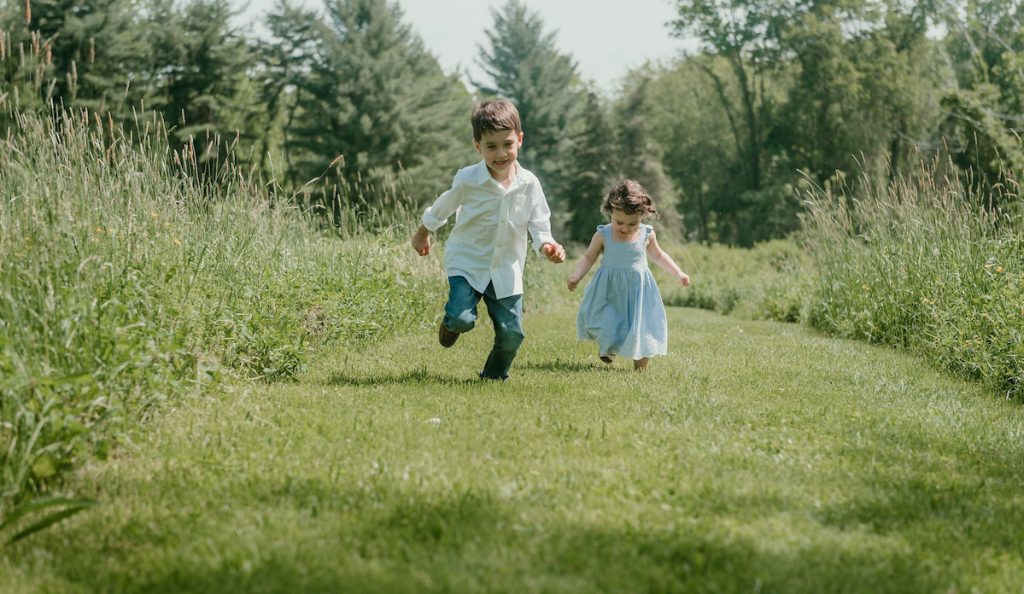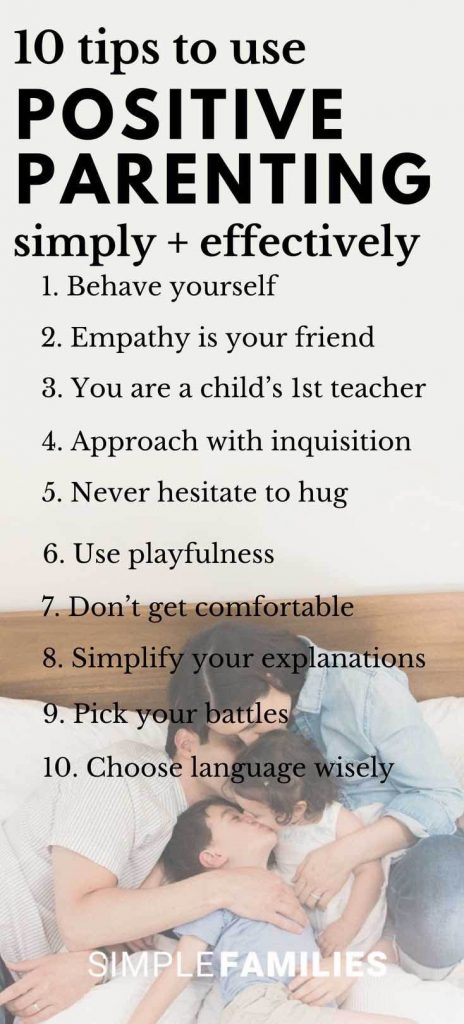Positive parenting. What does that even mean?
Well, he was gone for only a minute–I swear. But when I found him, my 4-year-old son had gathered every bottle of herbs and spices that we own. They were intentionally lined up across the kitchen counter from one end to the other. He was in the process of scooping and blending a special concoction and when I walked into the kitchen. My eyes grew large and my teeth clenched as I mentally calculated the grandiosity of mess that was about to go down.

Deep breath.
Pause.
Deep breath #2. Relax shoulders. Unclench jaw. “Hey buddy, what are you doing in here?”
He looks up, “I am surprising you and making your favorite drink.”
In previous days, he had in fact, helped me to make my favorite detox drink out of turmeric, ginger, and cayenne. But due to the fact that he can’t decipher the difference between between ginger and garlic powder–he was just winging it. With the best of intentions, of course.
I took a third breath, a breath of gratitude. Grateful that I have learned about positive parenting. Grateful that I didn’t spew out obsenities about the hypothetical mess. Grateful that I didn’t shame his thoughtful efforts. Grateful that I am raising a creative, helpful boy that is far from perfect but has a heart of gold.
Our kids rarely behave exactly as we expect. That doesn’t make them bad. It makes them typical not-yet-mature humans who are fumbling their way through life, attempting to figure out what is and what isn’t socially acceptable. In fact, many of us adults are still doing the same–am I right?
Positive Parenting
So let’s figure out our goals. Are we raising little soldiers to stand in a straight row? Or are we raising children to be passionate, innovative, and independent humans? In positive parenting, we are interested in the latter. Read on for 10 tips to raise well-behaved humans.
1. Behave yourself
Children “do as you do, not as you say”. That means they are learning behavior directly from you. They will model your attitude, your responses, and your frustration. The #1 tip for raising well-behaved kids is to behave well yourself. Easier said than done, I know.
2. Empathy is your friend
Walk a mile in your child’s shoes. The more you understand about how a child develops, the more you will be able to find the extra dose of calm and patience and allow the process to unfold. Imperfect behavior is part of growing up. We must make mistakes to learn from them.
3. You are your child’s first teacher
A child isn’t misbehaving, they are learning how to behave. Discipline isn’t about rewards and consequences, it’s about education and connection. Don’t feel the pressure to dole out consequences for every indiscretion. Instead, trust that your good behavior and relationship with your child is educating and disciplining your children in far-reaching ways that are beyond immediate comprehension.
4. Approach with inquisition
I could have approached the kitchen mess with “What the #$%^ are you doing in here!?” But instead, I chose to approach with inquisition. My son’s intention was in the best of places, but he needed support to execute his project. Try to avoid shame and accusations and instead take a look at the intentions and help to provide the guidance needed to grow and develop.
5. Never hesitate to hug
The physical and emotional connection that a hug provides can bring calm to both the adult and child. At times, parents are hesitant to hug because they feel like they should be “firm”. But for real, just HUG. As our children grow, their small bodies experience overwhelm and stress that is often beyond their control. This small touch and gesture can go far in bringing us all back to baseline.
6. Playfulness changes everything
When you have small (seemingly irrational) beings in your house, they can go from 0 to 100 quickly. They can be smiling one moment and screaming the next. A little bit of playfulness can turn-that-frown-upside-down and keep the day flowing. The next time your child refuses to put on her pants, put them on her head and put her shirt on her legs. Chances are that both you and she will laugh, soften, and cooperate.
7. Don’t get comfortable
Children change like the wind. What works one day will inevitably not work the next day. Accept that and be willing to grow and change with your children. Just when you feel like you have them figured out, they will surprise you. Spoiler alert: You will never figure them out. Instead just listen, learn, and be present.
8. Simplify your explanations
Do you ever find yourself talking and talking and talking and no one is listening? Then stop. Young children will respond better when you say it in a Tweet rather than a novel. If you want to use your words to explain why a behavior is inappropriate (or even better, explain what a more appropriate behavior would look like)–then keep it simple.
9. Pick your battles
Sometimes kids are annoying (is there a more polite way to say that?). Try to pick your battles, breathe and let go of annoying behaviors and save your energy to intervene with unsafe behaviors instead. The act of letting the little things go isn’t neglectful, it’s smart.
10. Choose your language wisely
“Have you been a good boy?”. There are few phrases I loathe more. What does that MEAN anyways? As an adult, I am unsure of exactly what the terms “good-boy” and “good-girl” mean. If we have a certain behavior we want to see, we need to be specific. Telling a child to “be good” is vague and confusing. The result is that children spending their days wishing to be good yet unsure of exactly what that means or how to reach that unattainable goal. Since young children think in concrete ways, their black and white thinking may lead them to the following conclusion: “If I can’t figure out how to be good, I must be bad”.
The words we use with our children become part of their inner voices and dialogue. Think about those common expressions…”you are old enough to know better. Act your age.” The way you speak to your child is, in part, programming the brain and thought patterns. Choose direct, shame-free, language when possible.
As they grow, our children are going to surprise us in the most beautiful and frustrating ways. In positive parenting, we know that how we react to those surprises will form an intricate part of their inner peace and decision-making skills. So let’s love our wholly human and imperfect children unconditionally.

